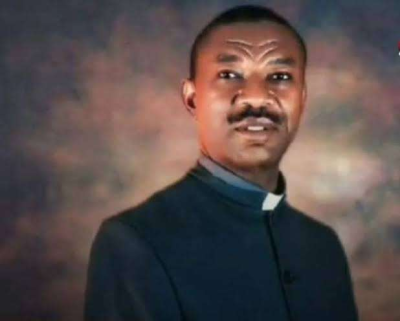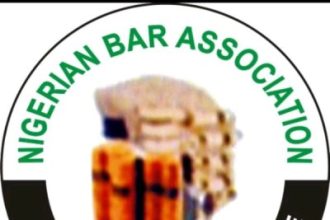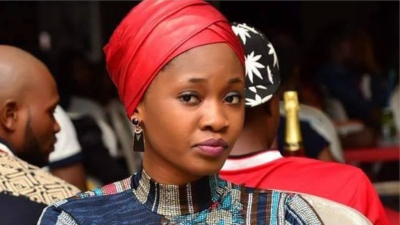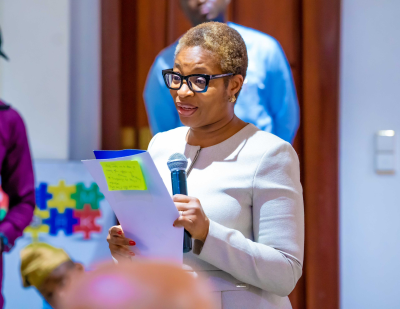In a shocking incident, a Catholic priest in Imo State has been arrested following the fatal shooting of a young boy during a church service. The tragedy reportedly occurred on the night of December 31, 2024, at Amaimo in Ikeduru Local Government Area.
According to police accounts, the priest allegedly fired at the boy who was using fireworks within the church premises during mass. The shooting resulted in the immediate death of one individual, while another was hospitalized with injuries.
ASP Henry Okoye, the Imo State Police Public Relations Officer, confirmed the incident. Speaking to reporters, he said, “We are aware of the incident. The priest is in custody, and an investigation is ongoing to ascertain the facts surrounding the case. Further developments will be communicated in due course.”

This development has prompted calls for a thorough investigation to ensure justice for the victims and accountability for those involved.
Nigerian Priest Arrested for Shooting Boy Dead Over Firecrackers
The incident involving a Catholic priest allegedly shooting a young boy dead in Nigeria carries serious legal consequences under Nigerian law. Here are the key legal implications and potential consequences:
1. Criminal Liability for Homicide
- Charge: The priest could be charged with culpable homicide under Section 220 or 221 of the Criminal Code Act (Southern Nigeria) or the equivalent section in the Penal Code (Northern Nigeria), depending on the jurisdiction.
- Penalty: If proven to be intentional and without lawful justification, the act could attract a penalty of death or life imprisonment.
2. Recklessness and Negligence
- If it is established that the shooting was accidental but resulted from recklessness or negligence, the priest could be charged with manslaughter under Section 317 of the Criminal Code.
- The penalty for manslaughter is life imprisonment, though courts may impose lesser sentences based on mitigating circumstances.
3. Illegal Possession of Firearms
- If the priest does not have a valid license for the firearm used in the incident, he could face charges under the Firearms Act, which criminalizes the unlawful possession and use of firearms.
- Penalty: Depending on the specifics, penalties range from fines to imprisonment of up to 14 years.
4. Disciplinary Actions by the Catholic Church
- The priest may face canonical penalties under Canon Law, including suspension or dismissal from priestly duties.
- The Church may also be sued for vicarious liability if negligence in supervising the priest is established.
5. Civil Liability
- The family of the deceased can file a civil lawsuit for damages, including compensation for the loss of life, funeral expenses, and emotional distress, under Nigerian tort law.
6. Police and Prosecutorial Investigation
- The police are expected to conduct a thorough investigation to establish the facts, including whether the use of the firearm was justified under any lawful defense.
- The matter will then be prosecuted in a criminal court, and a fair trial will determine the priest’s culpability.
Possible Defences Under Nigerian Law:
- Self-Defense or Defense of Property: The priest might argue that the use of the firearm was necessary to protect himself or others from perceived harm.
- Accidental Discharge: If the shooting was unintentional, it might mitigate the charge to manslaughter or even exonerate him, depending on the evidence.
Conclusion:
This incident highlights the serious consequences of firearm misuse and the importance of lawful conduct, particularly by individuals in positions of trust. The priest’s actions will be scrutinized under both criminal law and civil liabilities to ensure justice for the victim and accountability for any wrongdoing.










